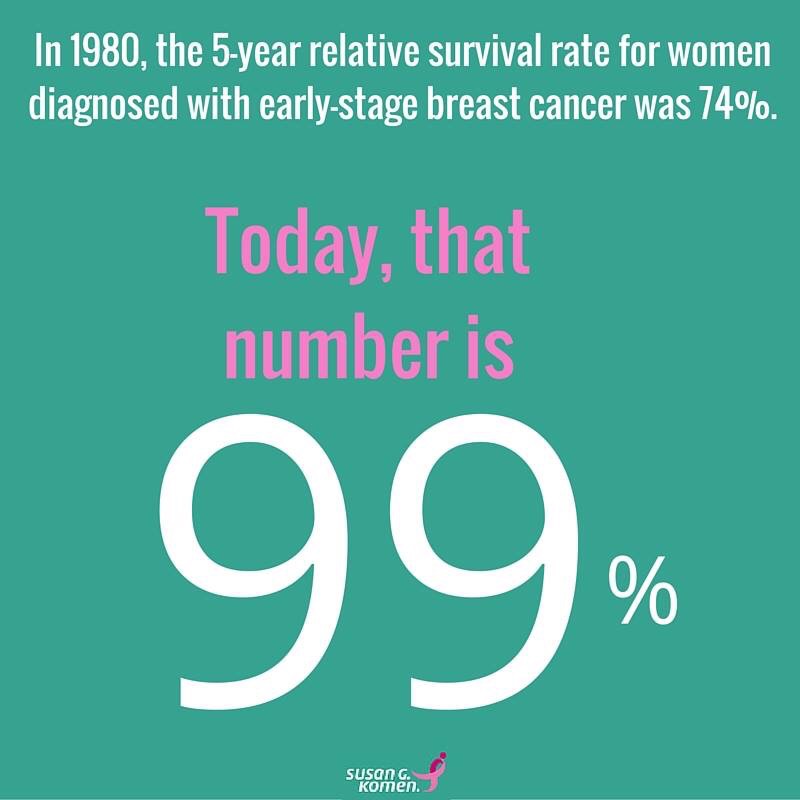I haven’t had bad scanxiety recently. Mainly because, I expected my scans to show the cancer is growing. When they did show it growing, I felt shitty–but not before the scan, just after, when I knew the results.
This week is different. Because things have been going well so far on Xeloda. I never ask about my tumor markers, since I know they haven’t been an accurate reflection of what my cancer’s up to. But this weekend #bestdocever called to say that although he still doesn’t trust my tumor markers, they’re so far down now that he felt like he should tell me about it. This is good news, of course. Tumor markers down is better than tumor markers up, even if down may not mean anything, and way down is definitely a positive sign. We’ll know better when I have my brain MRI on Wednesday.
Problem is, I have a very complicated relationship with hope these days. I’m planning a big vacation for my family next summer–a visit to New York City, crossing on the Queen Mary 2, visiting London, taking the sleeper train to Inverness and exploring the highlands and Edinburgh before flying home–and thinking about it is both exciting and terrifying. I am so excited about the idea of this trip, and so terrified it won’t happen, because I’ll be too sick, or worse. I hope we’ll go. And hope is hard. Because hope acknowledges the possibility that what I hope for won’t happen.
I think that’s why, before most of my scans, I just expect the worst. Being let down by my body over and over again is hard. I don’t hope that the scan will show something good, because it’s just too hard to pick myself up when the scan shows more progression.
But this time is different. This time there’s a legitimate reason to hope: those plummeting tumor markers. I can’t help but hope in the face of hopeful data like that. And so I’m terrified of what those scans will show. I find myself distracted and weepy when I should be engaged with the kids. I start to worry, what if the scan shows something bad–instead of my usual acceptance that it WILL show something bad. What if there are too many brain metastases now for gamma knife to be an option? What if we run out of drugs that work on my brain?
I know this sounds completely fucked up, to be sad and anxious because of good news. But everything in the world of cancer is completely fucked up. Losing two friends and having two others enter hospice in the span of a month, when you’re not even 40, is completely fucked up. Having a 4 year old who knows what an oncologist is, is completely fucked up. So why wouldn’t my feelings about good news be completely fucked up?
It would be nice if Wednesday could get here as quickly as possible.

